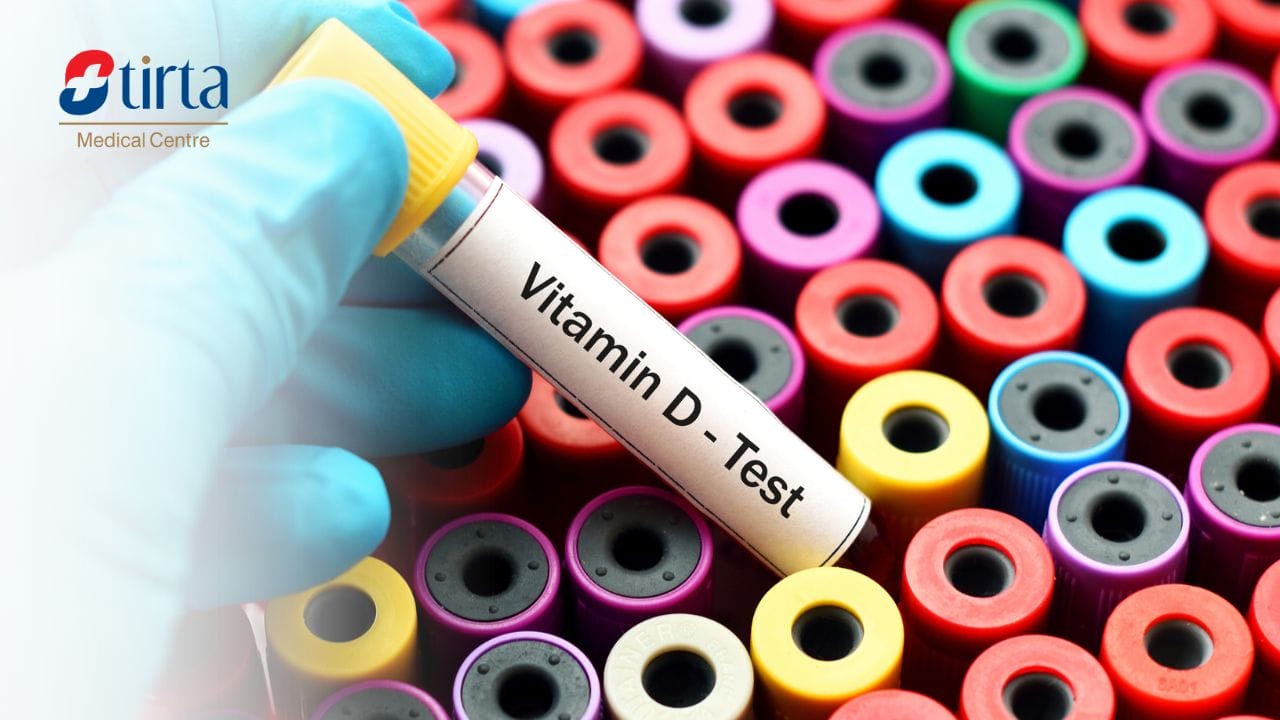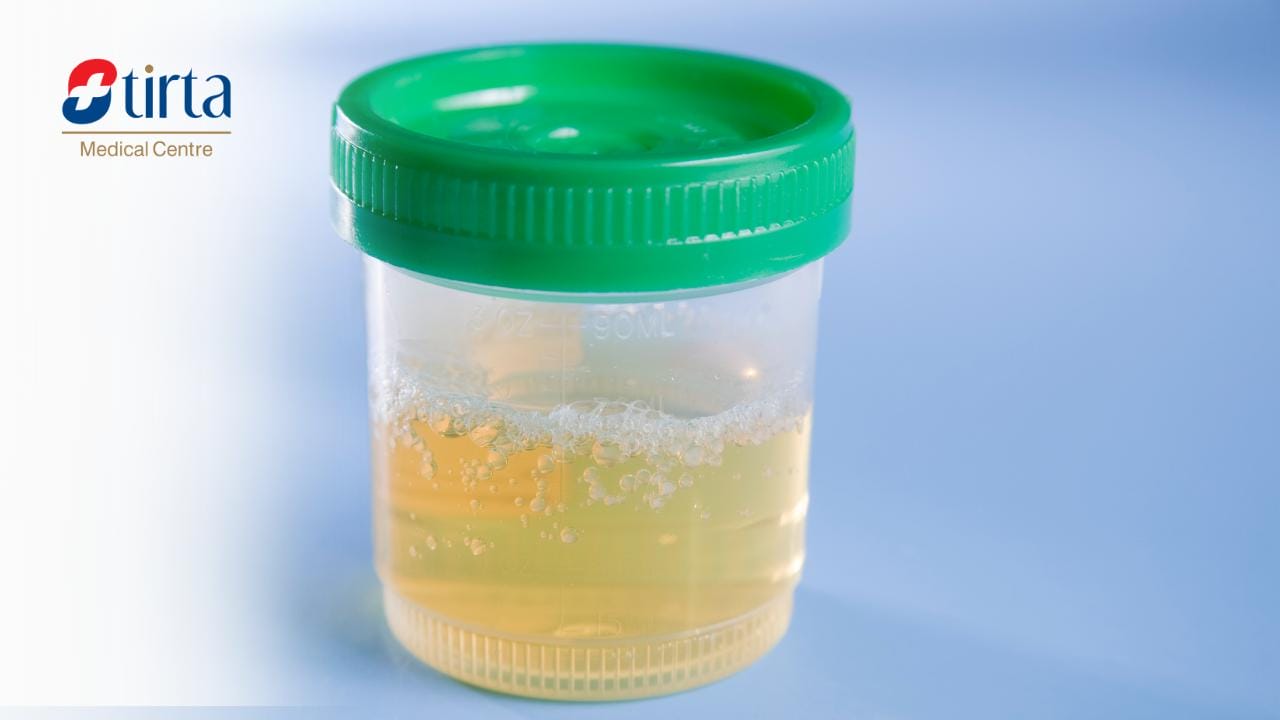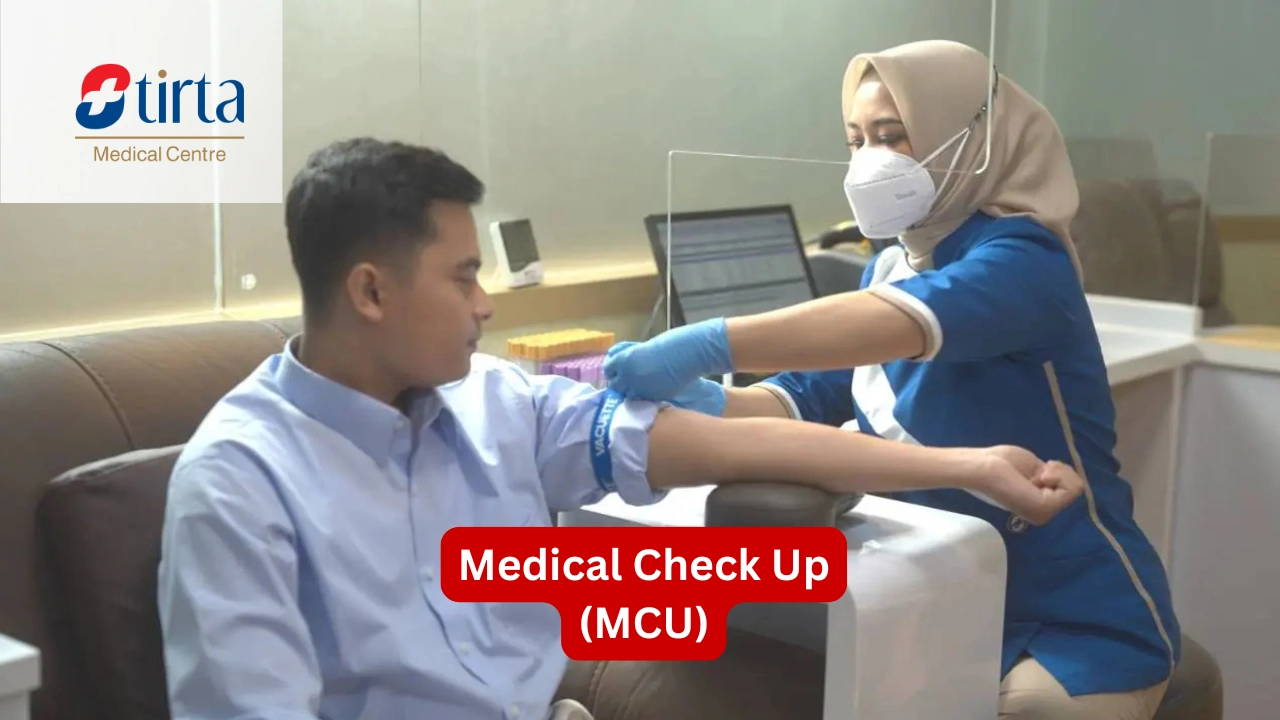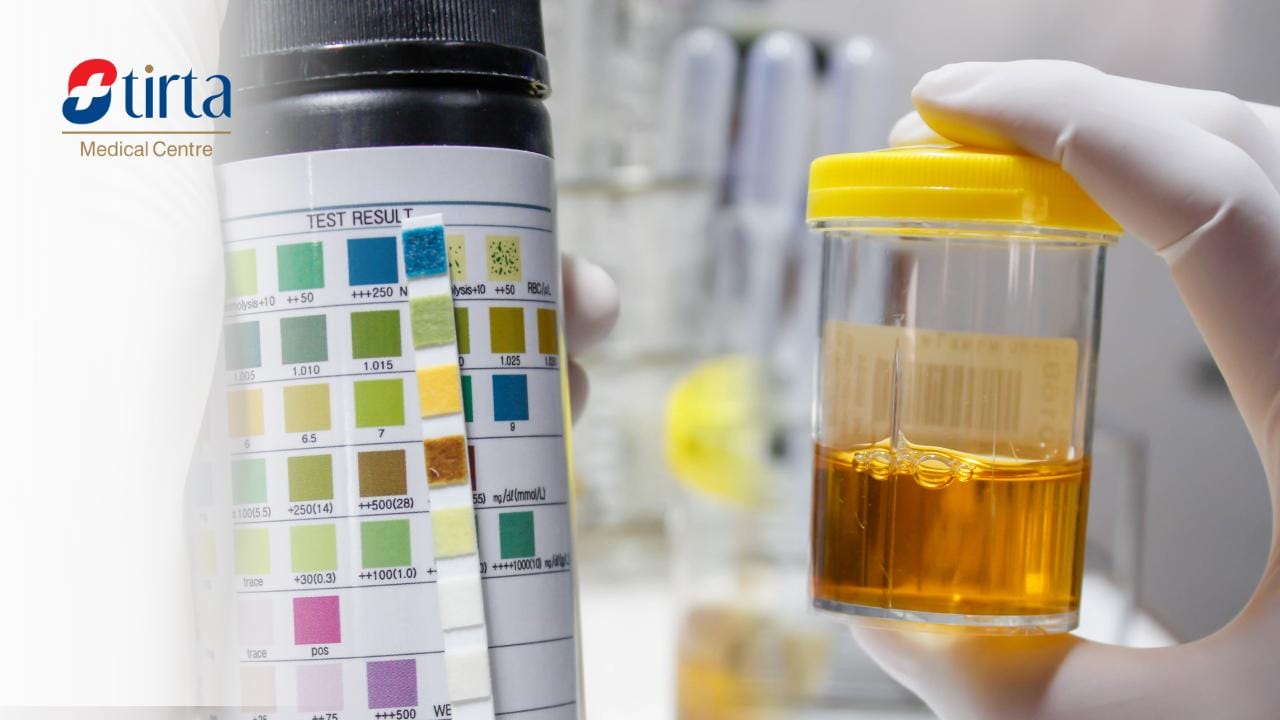Vitamin D plays a crucial role in maintaining health, yet vitamin D deficiency remains a global health issue. Testing for vitamin D levels can help detect this condition early on. This comprehensive discussion covers everything from the benefits to the procedure and cost of a vitamin D level check.
What is a Vitamin D Level Check?
A vitamin D level check is a laboratory test that measures the concentration of 25-hydroxyvitamin D [25(OH)D] in the blood. This test checks a person’s vitamin D levels to see if they are normal, insufficient, or deficient. Vitamin D levels are measured in nanograms per milliliter (ng/mL) or nanomoles per liter (nmol/L).
Benefits of Checking Vitamin D Levels
Testing vitamin D levels offers several important health benefits:
1. Early Detection of Vitamin D Deficiency
The test can identify a lack of vitamin D before more serious symptoms arise.
2. Osteoporosis Risk Evaluation
Low vitamin D levels are associated with an increased risk of osteoporosis and bone fractures.
3. Optimization of Immune Function
Vitamin D is crucial for the immune system, so testing can help ensure adequate vitamin D for optimal immunity.
4. Monitoring the Effectiveness of Supplementation
For patients undergoing vitamin D supplementation, regular testing can evaluate the success of the therapy.
5. Prevention of Chronic Diseases
Vitamin D deficiency is linked to a higher risk of several chronic diseases, including diabetes, cardiovascular diseases, and certain types of cancer.
6. Optimization of Bone and Muscle Health
Vitamin D is essential for calcium absorption and the health of bones and muscle function.
Who Needs a Vitamin D Test?
Several groups are recommended for vitamin D level testing, including:
- Elderly (over 65 years old)
- Individuals with certain medical conditions such as osteoporosis, chronic kidney disease, or autoimmune diseases
- People with dark skin
- Individuals who rarely get exposed to sunlight
- Obese individuals
- Pregnant and breastfeeding women
- Vegetarians or vegans
However, routine vitamin D testing is not recommended for the generally healthy population.
Vitamin D Level Check Procedure
The vitamin D level test is conducted through several stages:
1. Preparation
Patients do not need any special preparation like fasting before the test.
2. Blood Sample Collection
Blood is collected using a clean syringe, usually from the back of the hand or the inside of the elbow.
3. Laboratory Analysis
The blood sample is analyzed using methods such as ELISA (Enzyme-Linked Immunosorbent Assay) or other chromatography techniques to measure the level of 25-hydroxyvitamin D [25(OH)D].
4. Results Interpretation
The doctor will interpret the results based on the applicable reference values.
5. Consultation with a Doctor
The test results will be discussed with a doctor to determine any necessary follow-up actions such as supplementation or lifestyle changes.
This procedure is generally safe and only takes a short time. However, like other blood-drawing procedures, it may cause slight discomfort or minor bruising at the needle site.
When to Conduct a Vitamin D Check?
The appropriate times to conduct a vitamin D test include:
- When experiencing symptoms of vitamin D deficiency such as bone pain, muscle weakness, or prolonged fatigue
- Before starting a vitamin D supplementation program
- After 3-6 months of supplementation to evaluate its effectiveness
- Routinely for individuals with high risk factors for vitamin D deficiency
Consult with your doctor to determine the frequency of testing that fits your health condition.
How to Read Vitamin D Test Results
Interpretation of vitamin D test results based on the 25(OH)D level in the blood:
- Deficiency: <20 ng/mL (<50 nmol/L)
- Insufficiency: 21-29 ng/mL (52-72 nmol/L)
- Sufficiency: 30-100 ng/mL (75-250 nmol/L)
- Hypervitaminosis D: >100 ng/mL (>250 nmol/L)
Keep in mind that reference values may vary between laboratories. Discuss your test results with your doctor for an accurate interpretation tailored to your individual health condition.
Affordable Vitamin D Lab Check Prices at Tirta Medical Centre
Tirta Medical Centre (TMC) offers affordable prices for vitamin D level checks:
1. Promotional Price for Basic Vitamin D Check: IDR 440,000
- Total Vitamin D25-OH
- General practitioner consultation (before the test)
2. Promotional Price for Complete Vitamin D Check: IDR 1,118,000
- Total Vitamin D25-OH
- General practitioner consultation (before the test)
- Physical examination (blood pressure, oxygen saturation, height, weight)
- Lipid profile (HDL, LDL, Triglycerides cholesterol)
- Treadmill test
Note: Prices are subject to change. Friends at Tirta can contact us for price updates or reservations here:
Testing your vitamin D levels is an important investment in your health. Early detection of vitamin D deficiency can prevent various health complications in the future.
If you belong to a high-risk group or experience suspicious symptoms, consult a doctor immediately for further evaluation.
References:
- UNTAR Journals. Accessed in 2024. Preliminary Mapping of 25(OH)D Levels and Risk Factors for Vitamin D Deficiency in Young Adults in West Jakarta: https://journal.untar.ac.id/index.php/tmj/article/view/23706
- Mayo Clinic. Accessed in 2024. Vitamin D: https://mayoclinic.org/drugs-supplements-vitamin-d/art-20363792
- WebMD. Accessed in 2024. Vitamin D Deficiency: Causes, Symptoms & Health Risks: https://www.webmd.com/diet/vitamin-d-deficiency
- Healthline. Accessed in 2024. Vitamin D Deficiency: Symptoms, Treatments, and Causes: https://www.healthline.com/nutrition/vitamin-d-deficiency-symptoms
- MedlinePlus. Accessed in 2024. Vitamin D Test: https://medlineplus.gov/lab-tests/vitamin-d-test/
- National Center for Biotechnology Information. Accessed in 2024. Hypovitaminosis D: Is It Time to Consider the Use of Calcifediol?: https://www.ncbi.nlm.nih.gov/pmc/articles/PMC6566727/
- National Center for Biotechnology Information. Accessed in 2024. Vitamin D Toxicity: https://www.ncbi.nlm.nih.gov/pmc/articles/PMC7427646/








